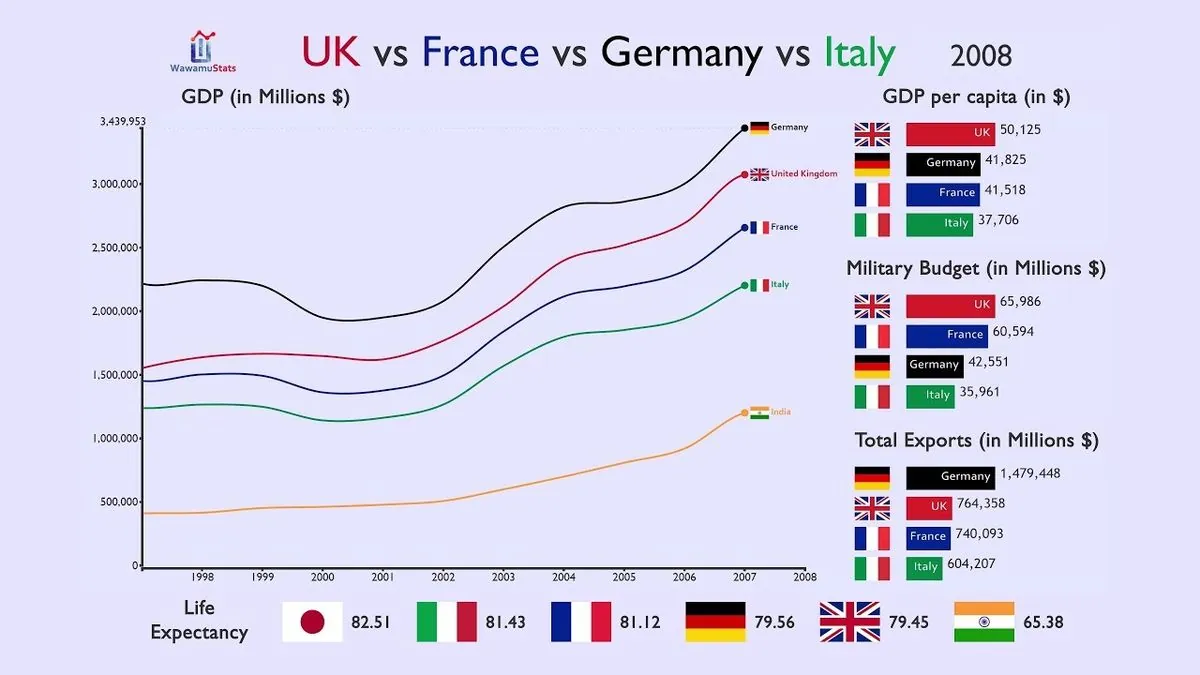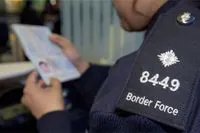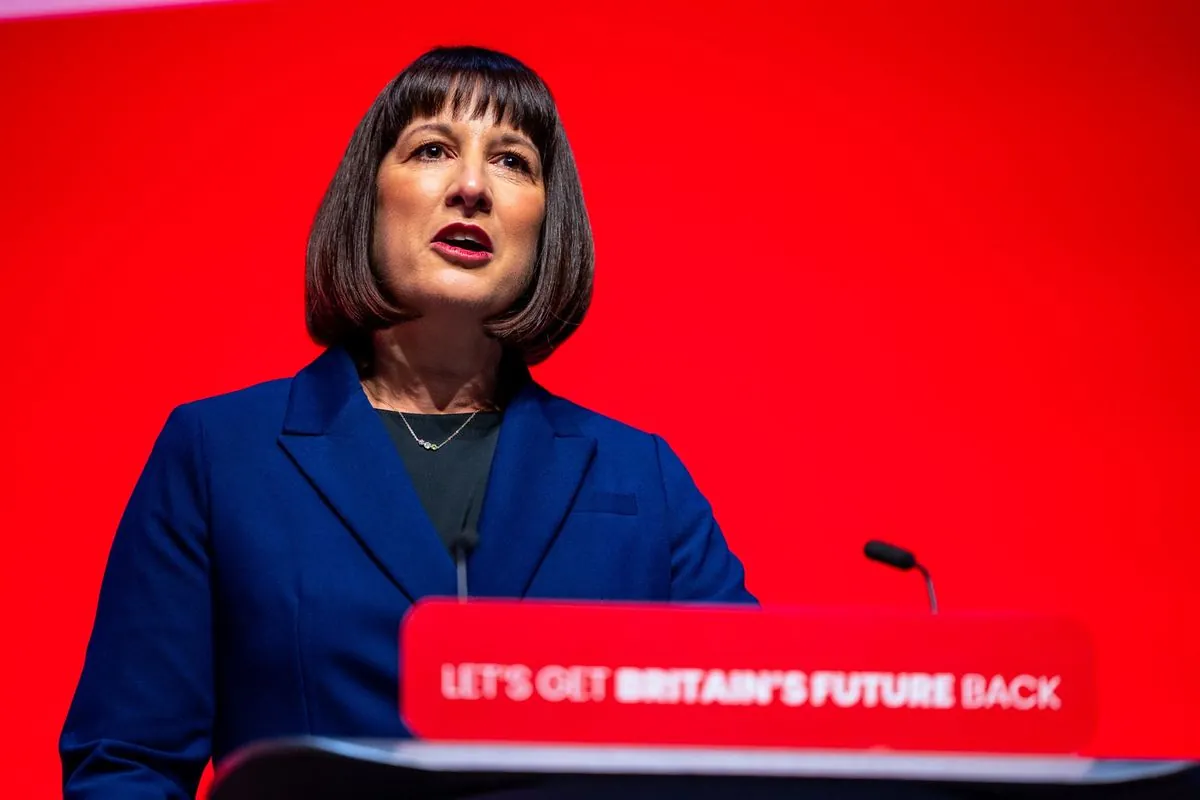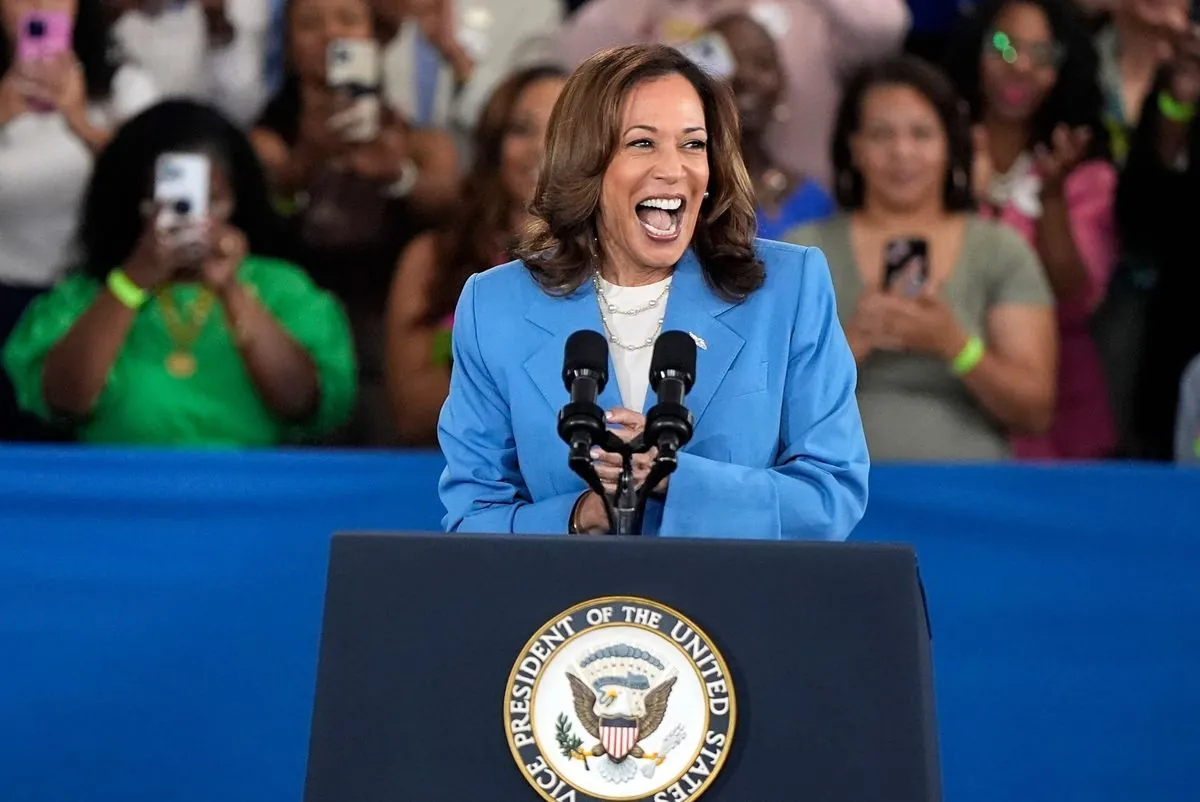Labour's Chief of Staff to Miss Party Conference Amid Salary Controversy
Sue Gray, Labour's chief of staff, will skip the party conference in Liverpool amid controversy over her £170,000 salary. Cabinet ministers defend her role as speculation about her future grows.
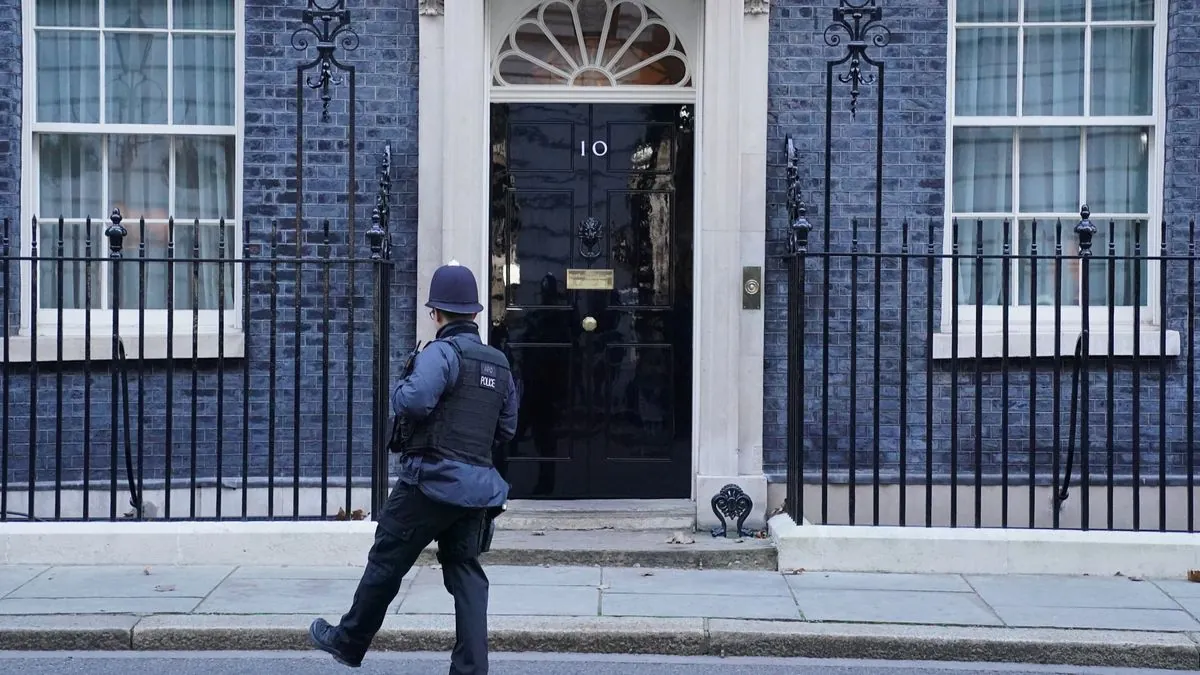
Sue Gray, Labour's chief of staff, has decided not to attend the party's conference in Liverpool, scheduled from September 24 to 27, 2024. This decision comes amidst ongoing discussions about her remuneration and internal dynamics within Downing Street.
Recent revelations indicate that Gray's annual salary of £170,000 surpasses that of Prime Minister Sir Keir Starmer, who earns £167,000. This disclosure has sparked debate within political circles and the media.
Despite the controversy, Cabinet ministers have publicly supported Gray. Angela Rayner, the Deputy Prime Minister, expressed confidence in Gray's continued presence at Downing Street, stating on BBC One, "I think so, absolutely," when asked if Gray would remain in her position until Christmas.

Bridget Phillipson, the Education Secretary, also voiced her support for Gray on Sky News, emphasizing her expertise in government operations and professionalism. Phillipson stated, "What I would say about Sue Gray is that she is someone who brings enormous expertise, particularly in the running of government, to this role."
Gray's absence from the conference marks a significant moment, as it will be the first Labour conference in 15 years with the party in government. The last time Labour held a conference while in power was in 2009, during the final months of Gordon Brown's premiership.
"If this is continuing in four weeks' time, then there's something fundamentally wrong."
Gray's public profile has grown considerably in recent years, largely due to her role in the events leading to Boris Johnson's departure as prime minister. As a civil servant, she led the Whitehall investigation into alleged parties at government offices during COVID-19 lockdowns. Her findings were instrumental in the Metropolitan Police's subsequent investigation, which found numerous individuals in violation of lockdown regulations.
The situation has prompted concerns from some quarters about Gray's fit within the party structure. A senior Whitehall figure has reportedly warned Sir Keir Starmer that Gray is "not of the party" and that only he can address the worsening situation. This source emphasized the need for the Prime Minister to personally intervene and "get a grip" on the crisis.
As the Labour Party gathers in Liverpool, a city with a rich political history and a population of about 500,000, the absence of Gray, a key figure in Starmer's team, will undoubtedly be noted. The conference presents an opportunity for Labour to showcase its readiness for government, a position it last held from 1997 to 2010 under Tony Blair and Gordon Brown.
The ongoing situation underscores the delicate balance between political appointments and the traditionally neutral civil service. As Gray transitions from her role as Second Permanent Secretary at the Cabinet Office to a political position, her case highlights the complexities of such moves in the British political system.






























